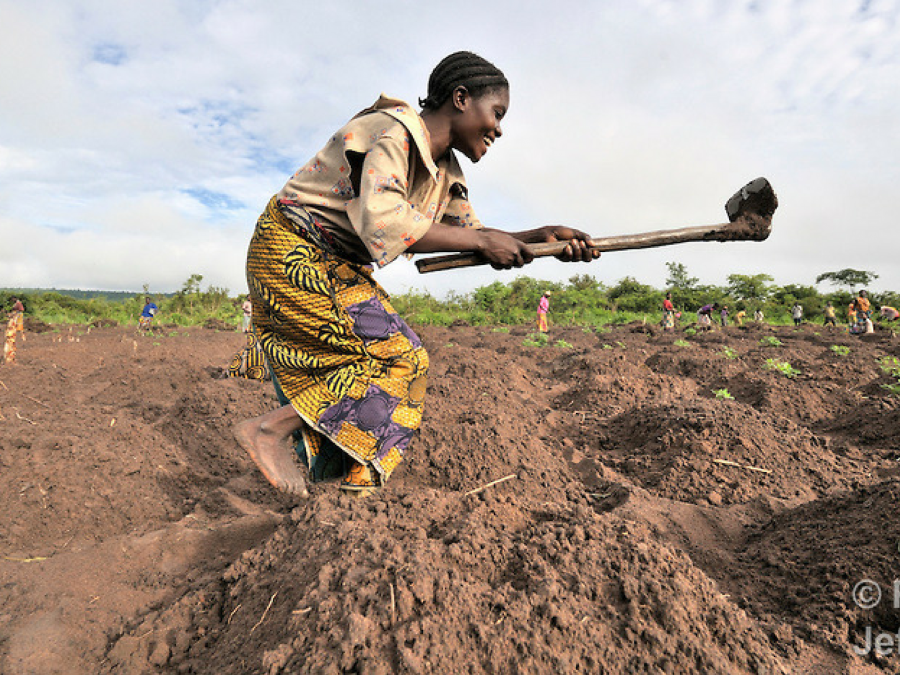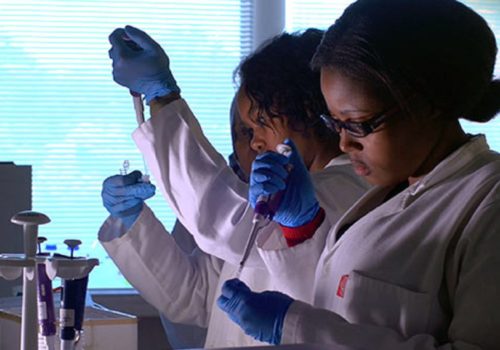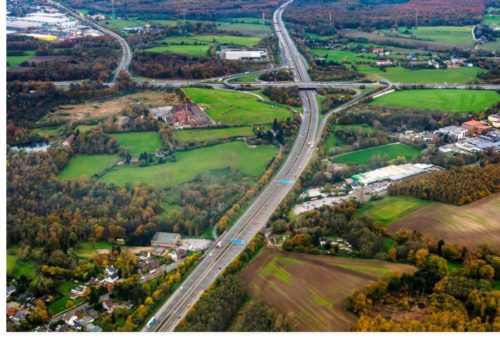<<< Previous Chapter: The Most Interesting Thing About Investing in Africa (Introduction)
The following post is from my e-book, The Most Interesting Thing About Investing in Africa.
***
Investment: Protecting Food Security while Promoting Food Production
Interview with David M. Bamlango
***
David M. Bamlango is a Partner at DLA Piper LLP (US) based in Chicago. He is a member of the firm’s Corporate and Finance group. He focuses his practice on leveraged finance, debt capital markets, and structured finance transactions.
In his leveraged finance practice, Mr. Bamlango represents agents, lenders, and borrowers in domestic and cross-border secured and unsecured lending transactions, debt restructuring, and workouts. Mr. Bamlango’s leveraged finance practice includes extensive representation of banks, finance companies, REITs, and private equity funds in M&A financing transactions, including senior secured debt financing and mezzanine debt financing, and in subscription credit (capital call) financing. His debt capital markets and structured finance practices involve the representation of issuers, sponsors, underwriters and asset managers in project bonds, securitization and other private placement transactions. Mr. Bamlango’s cross-border practice concentrates on emerging markets, and he has covered transactions in Latin America, Southeast Asia, Eastern Europe, and Sub-Saharan Africa.
Previously, Mr. Bamlango worked as an associate in DLA Piper’s and Mayer Brown’s Finance Groups in Chicago and as an equity analyst for an investment management firm also in Chicago. He is fluent in English, French, Swahili, and Lingala.
|
|
SITUATION
In many parts of Africa, there is not enough food for the local communities but there is plenty of arable land. Given this availability of land, foreign investment in African agriculture has tended to focus on large-scale production of cocoa, tea, palm oil, and other products generally directed at western consumption. This kind of investment while beneficial in bringing in capital and advancing exports, does not fully address critical issues related to food security. For example, in the Democratic Republic of the Congo (DR Congo), there is a notable demand for beans and rice in the local communities but not enough local supply to meet the demand. |
ACTION
Mr. Bamlango: My plan is to support the production and distribution of food directly for local consumption. My company has put this plan into action in the eastern region of DR Congo across three initiatives:
- Production
- Distribution
- Research & Development
Production – we support local, small-scale farmers by giving them technical and financial support while they go through the cycle of planting beans and rice. Many of these farmers are “unbanked” given their small-scale enterprises which make them too small for banks to properly engage with them. Our support is made available to them before they plant with cash advances and tools for planting preparation; then through the planting season we provide technical management; and as they harvest the crops we work with them to buy their production at market rate.
Distribution – after we buy their production, we work to distribute these products to surrounding urban centers and to fulfill orders from institutional, larger-scale buyers.
Research & Development – the production business line helps us to guarantee supply, but we have found that our small-scale farmers can only produce so much. So we have begun to develop our own production farm to complement the efforts of the local farmers in our network. By doing our own farming and planting (albeit on an industrial scale), we will develop a better understanding of the market on the supply side better and be better positioned to identify and share best practices with the local farmers in our support network.
RESULT
Mr. Bamlango: The synergy that we’ve realized across our three related initiatives has allowed us to develop a program to address the food requirements of local teachers, government workers, and civil servants. Many of these professionals are often not in a position to buy groceries and other food products in advance of when they collect their paychecks, so we allow them to sign up for a 2-week program where we provide them with beans and rice on credit. We have received very positive feedback on the program and in one month, we had over 80 teachers sign up.
Investment: Securing Food Security while Promoting Food Production and Distribution
L = 50
I = 50
C = 40
Business Idea Metric: 140





